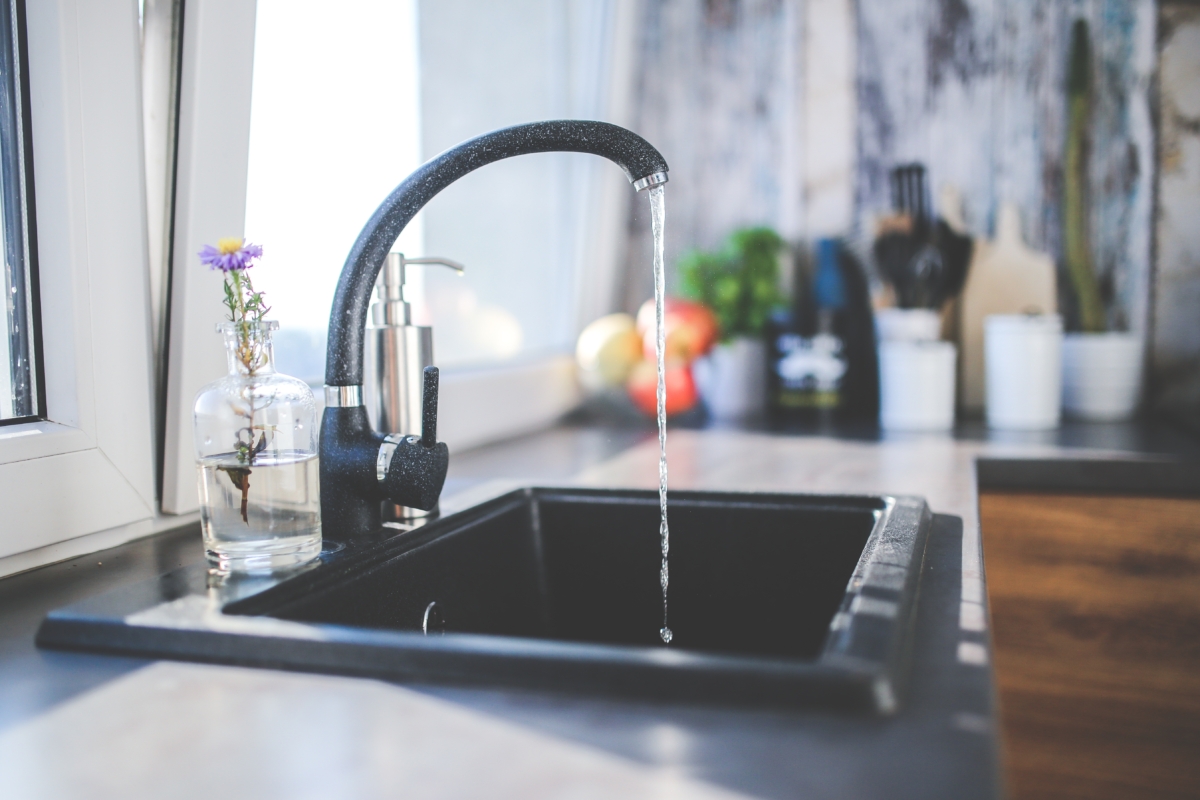When it comes to selecting the right boiler for your home or business, there are several important factors to consider. Here are some signs that it might be time for a replacement:
Signs You Need to Replace Your Boiler
- High Repair Costs
If an engineer has advised that the cost of repairs, including parts and labor, is too high, it may be time to invest in a new boiler. - Inadequate Control Options
If your boiler lacks a thermostat or uses basic controls that limit your ability to adjust the heating to your needs, upgrading to a newer, more efficient model could help reduce energy bills. - Inefficient Heating Cycles
Older boilers often have a “dry cycle,” where the unit stays on even after reaching the set temperature, wasting energy by sending unused heat to overflow radiators. - Continuous Pilot Light
Boilers with a continuous pilot light burn gas all day, every day, which is costly. Newer models have more efficient lighting systems. - Floor-Sited Boilers
If your boiler sits on the floor rather than being wall-mounted, it’s likely outdated and less efficient, making it a good candidate for replacement. - Energy Efficiency Rating
A “G” rated boiler is the least efficient. Replacing it with a modern, energy-efficient model will reduce gas consumption and save you money in the long run. - Selling Your Home
If you’re planning to sell your property, a new boiler can serve as a valuable selling point that boosts your home’s appeal. - Malfunctioning Pilot Light
If your pilot light burns yellow instead of blue, this could indicate a malfunction. It’s crucial to call an engineer immediately as this can be dangerous. - Gas Smells or Carbon Monoxide Risks
Any unusual smells around your boiler could signal a gas leak or malfunction. Worse, a leaking boiler can emit carbon monoxide, which is harmful and potentially fatal. - Rising Energy Bills
If you notice a consistent rise in your energy bills, even after adjusting for supplier price hikes, your boiler might be the culprit. - Slow Heating Radiators
Longer heating times for radiators could indicate a boiler fault or simply show signs of age.
While replacing an old, inefficient boiler may come with an upfront cost, it’s often a smart investment that saves you money on energy bills over time.
New Boiler vs. Replacement Boiler: What’s the Difference?
Understanding the distinction between a new boiler and a replacement boiler is crucial for making the right choice:
- Replacement Boiler: A replacement boiler is a newer version of your existing unit. Since it’s a similar model, installation typically requires minimal changes to the existing pipework and system.
- New Boiler: A new boiler, on the other hand, is a different type or brand. Installation may involve more extensive work, including alterations to the piping and infrastructure. This can lead to higher costs for parts and labor.
Types of Condensing Boilers
When replacing an old boiler, you’ll likely choose between three types of condensing boilers:
- Combination Boilers (Combi)
Combi boilers are compact and efficient, providing hot water on demand without a storage tank. They’re perfect for smaller homes but might not be ideal for households with multiple bathrooms or low water pressure. - System Boilers
System boilers are ideal for homes with several bathrooms. They store hot water in a cylinder and provide plenty of hot water for simultaneous use, reducing wait times between showers or baths. The system also has fewer maintenance needs compared to a conventional boiler. - Conventional Boilers
These boilers work with a separate hot water storage tank and can be connected to solar panels for even greater energy efficiency. While they provide a constant supply of hot water, they require more space for the tank and additional installation work.
Choosing the Right Boiler for Your Home
Here are some key factors to keep in mind when selecting the right boiler:
- Combi Boilers: Best suited for small properties with only one bathroom. They save space and are cost-effective to install, but may not be ideal for larger homes with high water demand.
- System or Conventional Boilers: Suitable for larger properties or those with multiple bathrooms. These boilers require more space for installation and infrastructure, but they can efficiently supply hot water to multiple outlets simultaneously.
Installation Costs
A new boiler typically costs around £2,500 or more, depending on the type and complexity of installation. Installation often constitutes the largest part of the total cost. It’s essential to get a detailed estimate from your installer to avoid surprises.
Tips for Boiler Replacement
- Plan Ahead: If you’re replacing your boiler with a different type, be prepared for possible changes to the pipework and additional installation costs.
- Government Grants: Some households may qualify for government grants to assist with the cost of energy-efficient upgrades. These can be accessed through your energy company or government schemes. Visit the following links for more information:
Final Thoughts
Replacing an old, inefficient boiler can be a game-changer for your home. Whether you’re considering upgrading to a more efficient model, reducing your energy bills, or preparing your home for sale, a new boiler offers several long-term benefits. Don’t hesitate to reach out to an expert for a professional evaluation and a customized recommendation.
For more information or to schedule an assessment and estimate for your boiler replacement, feel free to contact us.



